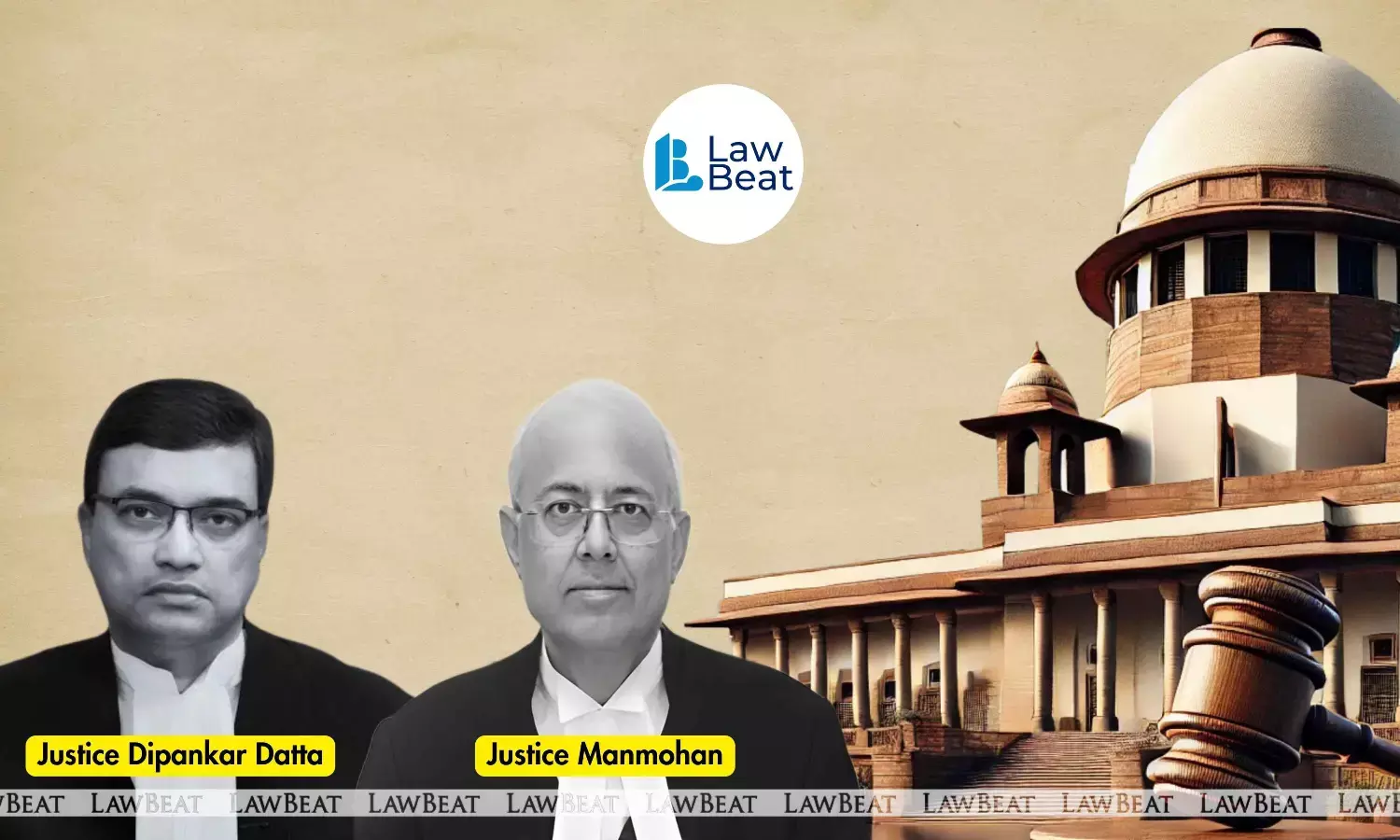'Land sold to third parties', SC upholds Telangana's cancellation of allotment to charitable trust

In 2021, the investigation of the case was transferred from UP police to the CBI.
The Supreme Court of India has upheld the Telangana government's decision to resume back the land allotted to a charitable trust for having cut a colony by the name ‘Eden Orchard’ on the land allotted to it and selling some of the plots to third parties without disclosing the conditions on which the initial allotment had been made.
Top Court's bench of Justices Dipankar Datta and Manmohan noted that a charitable trust can use land for charitable purposes only and said, "the decision to cut a colony in violation of the specific conditions on which land had been allotted cannot be termed as anything else but fraud on the statute".
Telangana government approached the top court against the High Court's deicision wherein the High Court for the State of Telangana held the Respondent-Trust to be the absolute owner of the land as the Appellant-State having sold the land on payment of market value could not have placed any condition restricting the enjoyment of the land and such restrictions were void under Section 10 of the Transfer of Property Act, 1882.
The top court noted that alienation of land by the District Collector, Medak, Government of Andhra Pradesh vide order dated 8th February, 2001 was not a sale, but an allotment under a statutory Scheme.
It found the Trust, despite having accepted the conditions of grant of alienation laid down under the Andhra Pradesh Board Standing Orders, violated the conditions as the said land was not used for the purpose for which it was granted, i.e. for the purpose of a Charitable Trust.
"Though no specific purpose of allotment was mentioned, yet this Court is of the view that as the allotment was in favour of the Respondent-Trust, the allotment could be used for a charitable purpose only. Even in the Respondent Trust’s understanding, the allotment of land was conditional. This would be apparent from the fact that not only in the contemporaneous correspondence, but even in the writ petition filed, there was an admission by the Respondent-Trust that the allotment was made for a charitable purpose, and the land was being used for the said purpose...", Court further noted.
When the Government decides to sell its land, the Government can neither select a buyer nor can it fix a price unless and until the said decision is backed by a social or economic or welfare policy/purpose – which is admittedly absent in the present case, the supreme court further said.
Court was further of the view that the State had allotted land to public trust for public purpose. In such a situation, the State cannot be put in the normal classical inter vivos party’s position as public interest is supreme and must prevail, it added.
Case Title: State of Telangana & Ors Vs Dr Pasupuleti Niramala Hanumantha Rao Charitable Trust
